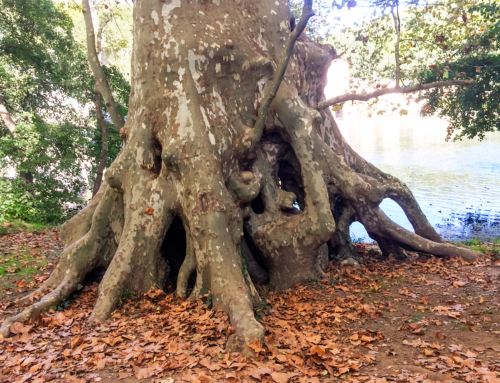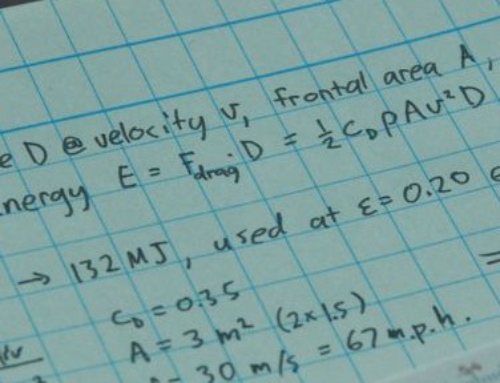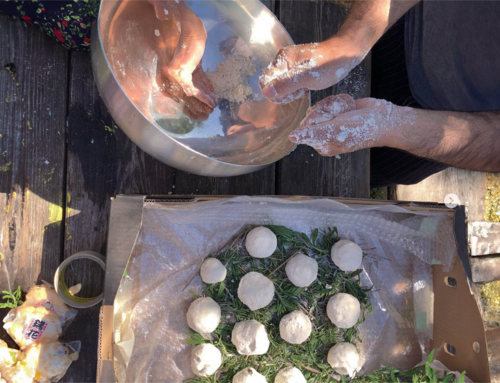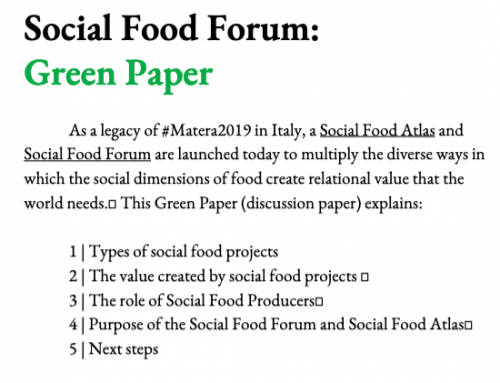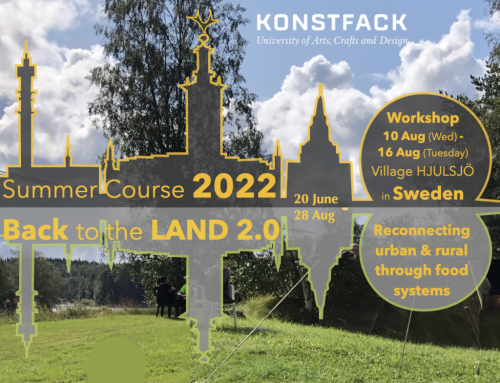On the basis that innovation is neither neutral, nor an end-in-itself, here are some guidelines:
We cherish the fact that people are innately curious, playful, and creative. This is one reason technology is not going to go away: it’s too much fun.
But we will think (and do) social and environmental value before ‘tech’
We will place the interest of the commons above the interests of private property.
Our watchword is use, not own, because possession is an old paradigm.
We will deliver value to people — not deliver people to systems.
We will give priority to human agency and will not treat humans as a ‘factor’ in some bigger picture.
We will design services that prioritize the participation of people, not services that disable them.
We will design experiences with you, if asked. We will not presume to design them for you.
We do not believe in ‘idiot-proof’ technology — because we are not idiots, and neither are you.
We will use language with care, and will look for less patronising words than ‘user’ and ‘consumer’.
We will focus on services, not on things. We will not flood the world with pointless devices.
We believe that ‘content’ is something you do — not something you are given and have to pay for.
We believe that the world is a verb, not a noun.
We will consider material end energy flows in all the systems we design.
We will not pretend things are simple, when they are complex.
We value the fact that by acting inside a system, you probably improve it.
We believe that place matters, and we will look after it because places are rich contexts.
We believe that speed matters — but that sometimes you need more, and sometimes you need less.
We will not fill up all time with content.
We will think about the consequences of technology before we act, not after,because design changes things, and innovation is not neutral.
We believe in open systems not closed ones. We support Open Money, Open Source, Open Planning…
When designing learning and communication situations, our priority will to enable the insight of others, not to dazzle them with our own.
We believe that relationships are more valuable than possessions.
We do not expect to design everything from scratch, and will look far-and-wide for tried and tested solutions that others have already created.
We will try to re-combine actors, ideas and organizations.
We favour dialogue, encounter and community, rather than spectacle
